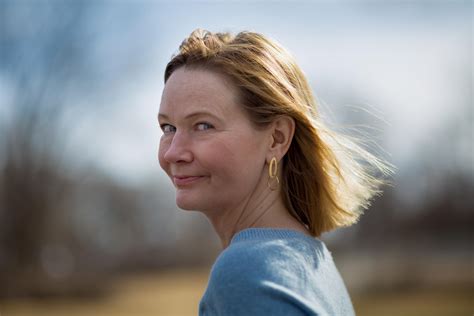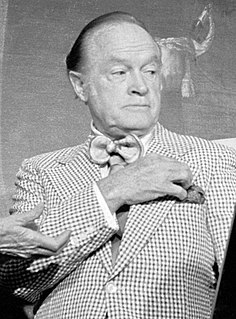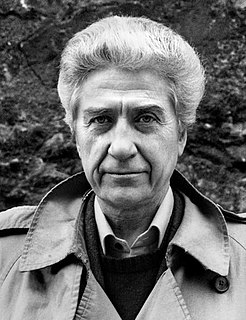A Quote by Laura Moriarty
I wasn't that familiar with silent films. I didn't know, for example, how hugely popular silent films were in the 1920s, how people would go to the movies several times a week.
Related Quotes
Richard Donner made great movies. Seminal movies. The Academy, though, and we have to be careful here, should recognize popular films. Popular films are what make it all work. There was a time when popular movies were commercial movies, and they were good movies, and they had to be good movies. There was no segregation between good independent films and popular movies.
I am astounded at my age with a 20-year-old daughter to discover that kids of her generation don't want to watch black and white movies. I understand that they gave up on silent films, but black and white? So, now movies have to be taught in academia because people don't know how to watch them, they don't know how to appreciate them.
There is a heavy Mexican Catholic streak in my movies, and a huge Mexican sense of melodrama. Everything is overwrought, and there's a sense of acceptance of the fantastic in my films, which is innately Mexican. So when people ask, 'How can you define the Mexican-ness of your films?' I go, 'How can I not?' It's all I am.






































